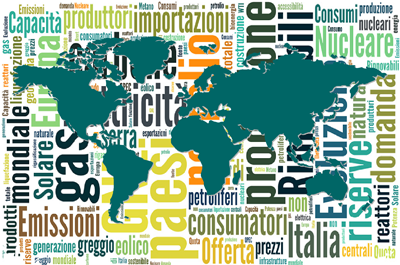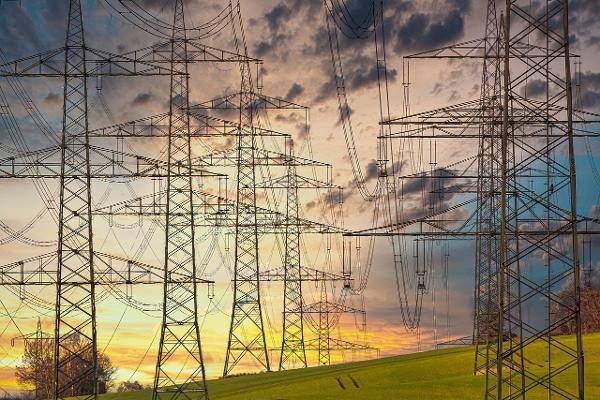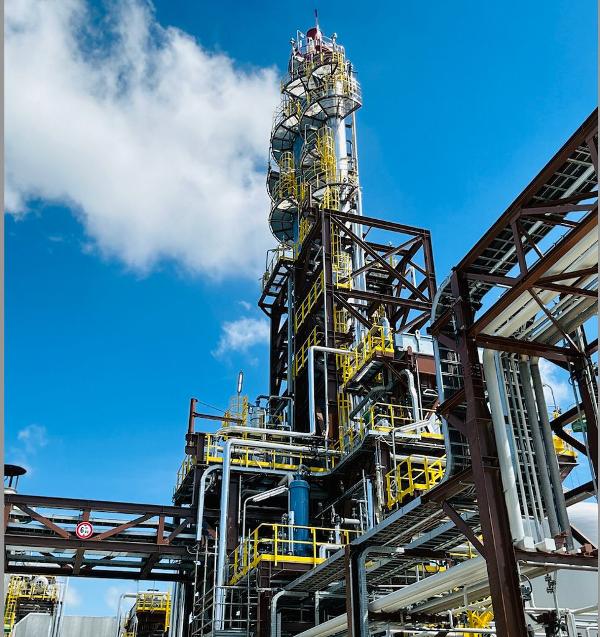As the current European Commission's term concludes, preparations are underway for the next Commission to set new priorities in EU energy and climate policy. The upcoming years will witness significant shifts in the energy and industry sector, stirred by ongoing energy transition and driven by implementation of the Fit for 55 package which aims at significant reduction of emissions by 2030 and large deployment of RES. These efforts are crucial for enhancing EU energy independence, reducing fuel import costs, and improving environmental quality across Europe. However, disparities in wealth and institutional weaknesses, especially in Central European countries, present challenges to this transition.
Meanwhile Europe faces instability due to external conflicts, such as the Russian aggression against Ukraine and tensions in the Middle East, which redirect focus of societies and policymakers towards security and defense. Additionally, rising energy prices, inflation, societal polarization, global competition for critical raw materials and new technologies, and industrial future uncertainties, particularly in clean tech, are pressing issues that the new Commission must address alongside energy transition goals.
The new European Commission which will be set up after the upcoming European elections will certainly propose new priorities and an agenda for EU energy and climate policy. What should be its focus? I propose six items below.
A new energy security strategy. New European energy security strategy should be proposed. The current strategy, focused on gas and oil supply as well as fossil fuel infrastructure, is becoming increasingly outdated approach. The future requires looking at electricity's growing role (heat pumps, electric cars, data centers) reducing coal and gas reliance, looking at cyber risks and better planning of EU coordination and interconnections but also at critical raw materials needed for batteries and solar to avoid over-dependence on non-EU suppliers.
Improving data access with new energy transition agency. A bottleneck of the energy transition is insufficient access to dispersed data, especially in new sectors like buildings, transport, and agriculture - acute in Central Europe. Without reliable data it's difficult to diagnose needs like renovations or plan investment programs. At the other hand limited access to human resources competent to implement the change is restricting progress. The establishment of an EU-level unit like EU Energy Transition Agency should improve knowledge and data management for transparency and smooth implementation.
Further energy market reforms and grid development. The energy crisis emphasized many weaknesses of the current energy market design and proved that it is not fully adapted to the challenges of a carbon-neutral energy system. The transition requires further market reforms to allow consumers benefit from the development of renewables and providing stable framework for investors.
The energy only market seems to be unfit for the large share of renewables. There are likewise need of capacity, flexibility and various system services. All this pieces should be priced and traded to make the system functional. Capacity markets are needed for critical balancing capacity, while flexibility markets to optimize the use of distributed energy resources and alleviate grid congestion.
The new Commission should also aim to improve locational signals, which enable efficient dispatch in specific locations and optimize network use without exceeding secure operation limits. A market where prices are determined at specific locations based on production and delivery costs is more efficient and encourages the deployment of clean and flexible resources at the right time and place, considering network constraints.
Grids are crucial for decarbonising the European energy system and underpin a successful energy transition. The new Commission should prioritize accelerating the deployment and modernization of networks by promoting their construction, revising administrative procedures and facilitating financing. Efficient use and management of existing assets are essential. TSOs and DSOs must collaborate closely and stimulate cooperation between operators, especially in network planning, to coordinate work across different energy carriers, including energy storage potential.
Protecting vulnerable citizens. As the transition accelerates, the social dimension will be significant, affecting energy prices, jobs, and incentives to switch technologies. The introduction of ETS2 may adversely affect EU societies if cost distribution overlooks low-income citizens. Relying solely on bans and price signals can be harmful without technical support and consumer protection. The Commission must counter this effectively through the Social Climate Fund and Just Transition Fund as flagship and well-designed projects. The Commission must be aware that disregard to social challenges and failure to respond to emerging problems will affect the reputation of climate policy in the EU and have an impact outside the union.
Establishing an Energy Transition Fund. Such a scale of changes in the economy and society has not been implemented in such a short time. Moreover, global competition for new technologies and resources has never been so fierce. Thus, the European Green Deal should evolve into an economic agenda with a strong financial and industrial component.
There is a need to establish a special dedicated fund to support clean technology companies. Its rules of proceeding should be flexible and it should cover both capital and operational costs. The fund can also address the issue of fair distribution of funds across all EU countries, diminishing disparities among member states in state aid.
External energy and climate policy dimension. As a role of traditional resources is set to diminish and new materials and technologies rise, the EU must adapt policies to strengthen its global position, particularly supporting neighbors' transitions and identify key partnerships.
The enlargement of the EU, particularly to Ukraine, will have significant strategic and geopolitical implications with an impact on regional security. However, strategic dimension, cannot overlook the pragmatic benefits and challenges associated with EU enlargement. Establishing clear conditions and preparing cost-benefit analysis is crucial to conduct accession negotiations. On the other hand, identifying the most important mutually beneficial partnerships in areas such as hydrogen, biomethane, RES, gas storage, and the common strategic reserves will be critical.
The next European Commission will play an important role in guiding the EU through a transformation of its energy sector. Setting the right priorities will be key to achieving a cost-effective, socially just, and environmentally sustainable energy transition.
This is a summary of Forum Energii paper on European Commission priorities for 2024-2029. The view from Poland on energy and climate




















